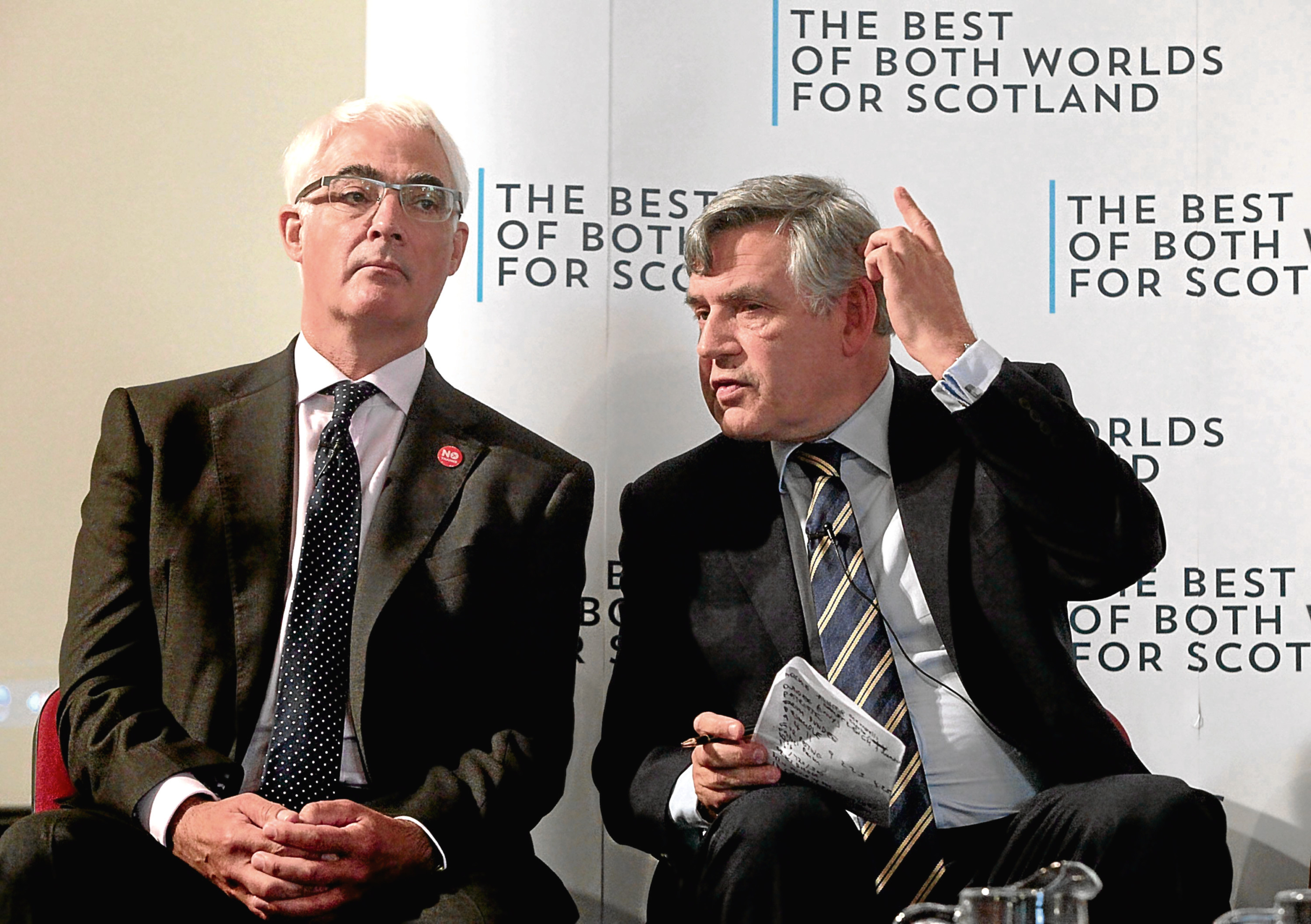
WRITING in his memoirs My Life, Our Times, former PM Gordon Brown “now” believes that senior bankers involved in the financial crash of 2008 should be jailed for their part in bringing the country to its knees.
That all those guilty of saddling the country with misery and debt, including former RBS Chief Fred Goodwin, should be stripped of their pensions, forced to pay back their bonuses and be banned for life from being a company director.
Hear, hear! Gordon, I for once, actually agree with you. They should. In fact, I would go further. They should indeed be stripped – but to the waist and soundly birched for their greed and the carnage they caused.
Millions of customers were driven out of businesses, homes and marriages and sadly, and in all too many cases, into the grave.
Funnily enough, I don’t remember PM Brown and his Chancellor Alistair Darling mentioning jail time at the time, do you?
Iceland took action, though, and more than 200 arrests were made and 29 of their top bankers were jailed. Why didn’t we do the same?
Why, indeed?
Gordon rightly bemoans the fact that since then, his promise to bring finance to heel, banks deemed then “too big to fall” have grown bigger and that dividends and bankers’ pay is almost the same as before the crash.
But what did he and Alistair do to stop the crisis, the excess? As far as I can see nothing – except bail them out with billlions of taxpayers’ money with no strings attached.
No regulatory or statutory government framework was introduced on pay and bonuses.
No proper checks and balances were made on those borrowing our money and no compulsory guarantees of protection for their customers were put in place before any bail-out money was dished out.
Banks are today’s “untouchables”. Big wages and huge bonuses are still the norm.
And now, in an effort to drive up profits and have a cashless society, they are being allowed to shut branches and close cash machines. Around 10,000 across the UK are expected to shut this year, and no one from either the Government or the regulators are stepping in to do anything about it.
So I’m not buying Gordon’s memoirs, as much as I’m not buying into his reasons for the crash and his “all too late and very lamentable desire” to now have those responsible for it jailed.
He and Alistair opened the gates of Hell and let the demons bolt.
They are not the dynamic duo who, at the last minute, saved the UK from financial Armageddon, but instead are the Laurel and Hardy of British financial politics.
An inept comic duo who pushed the country into one fine mess after another, leaving everyone else to clean it up.

Enjoy the convenience of having The Sunday Post delivered as a digital ePaper straight to your smartphone, tablet or computer.
Subscribe for only £5.49 a month and enjoy all the benefits of the printed paper as a digital replica.
Subscribe